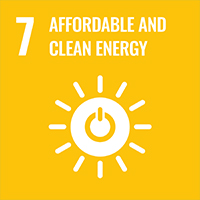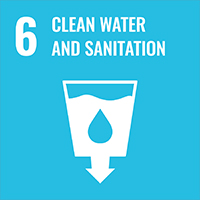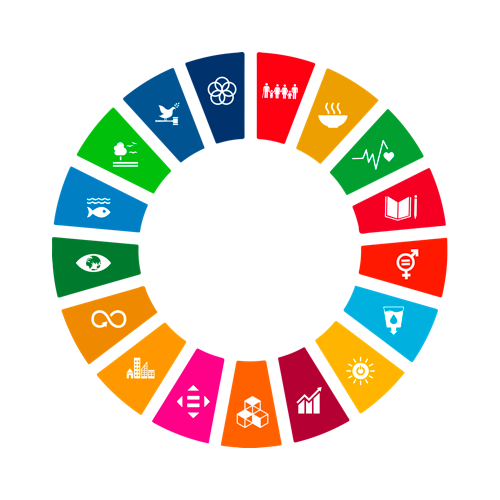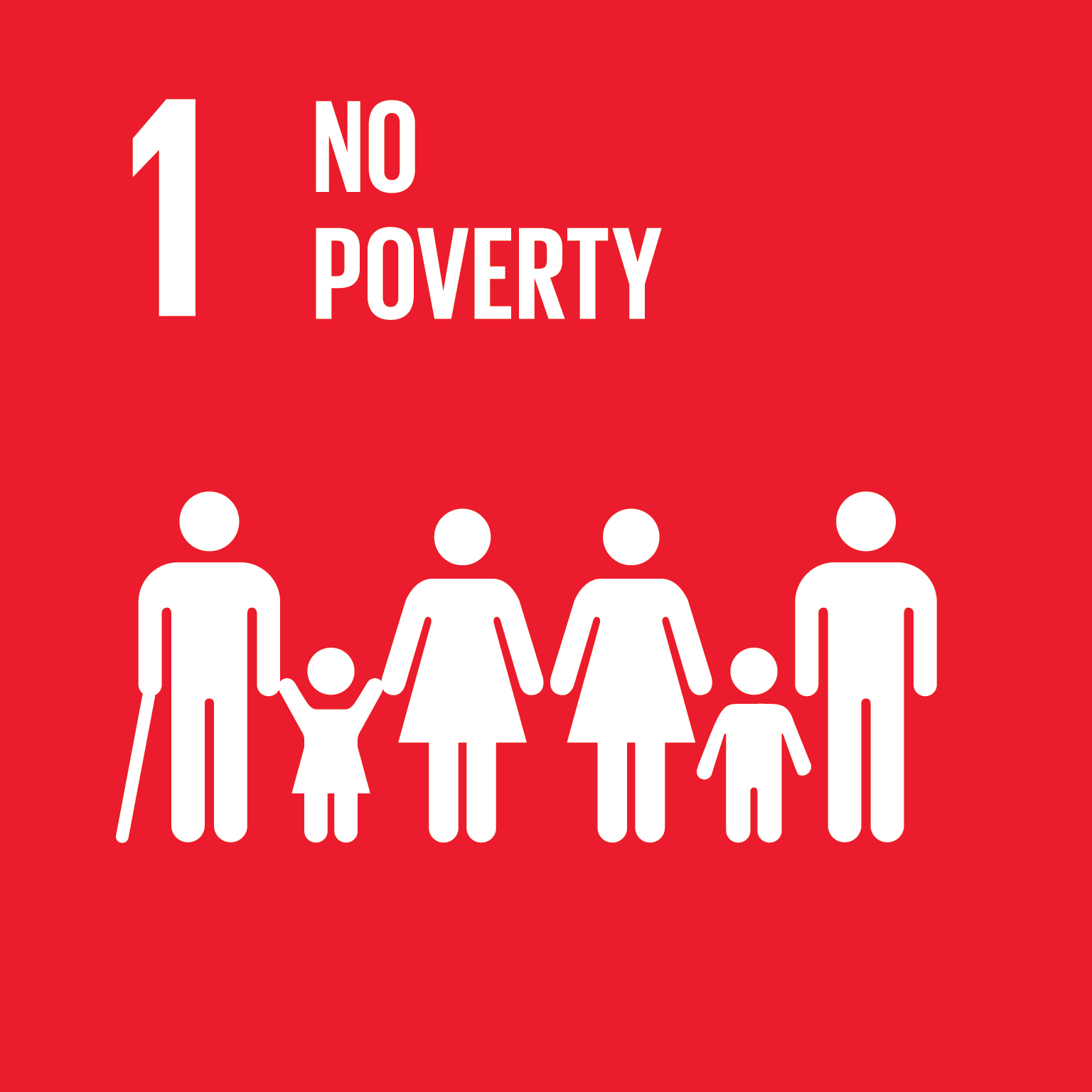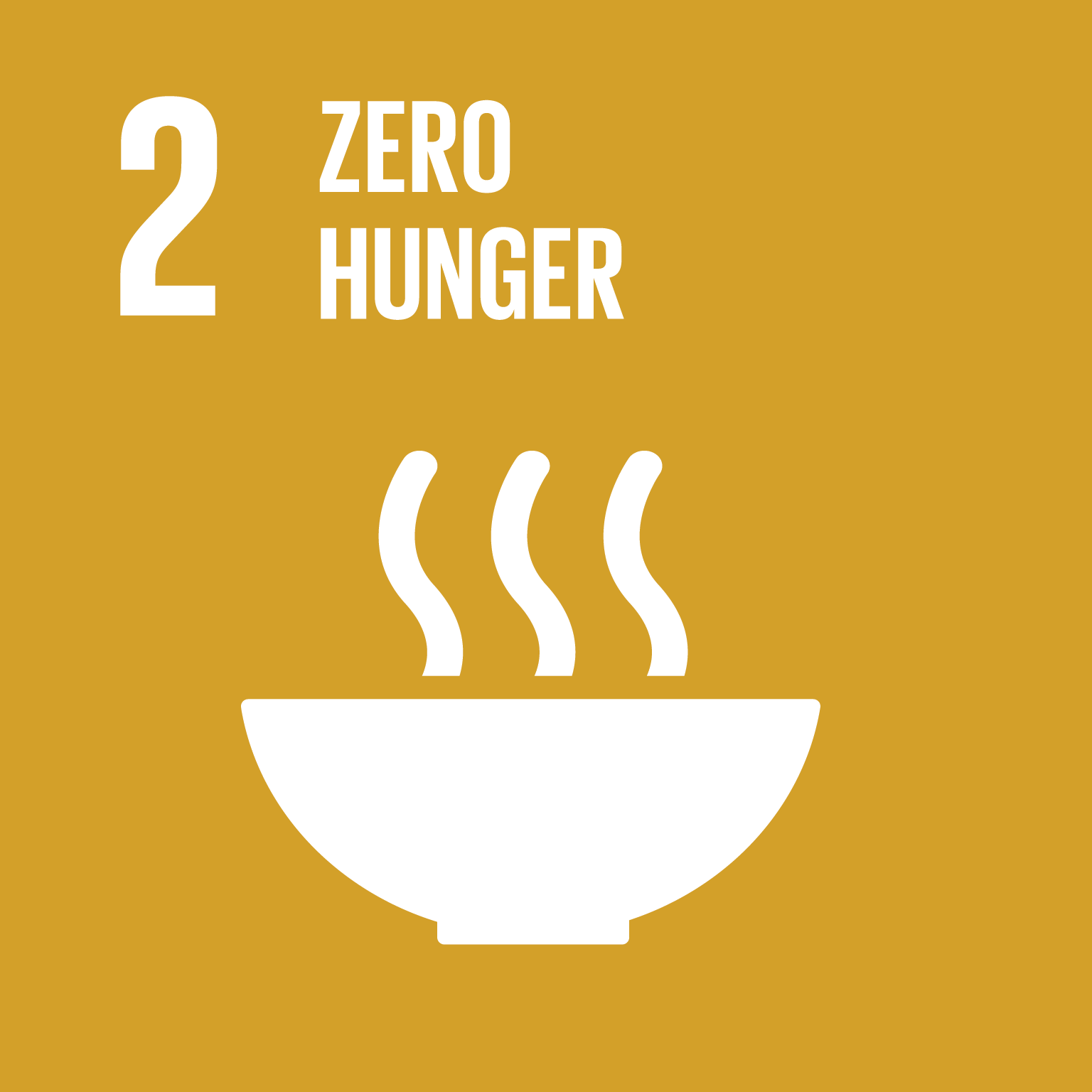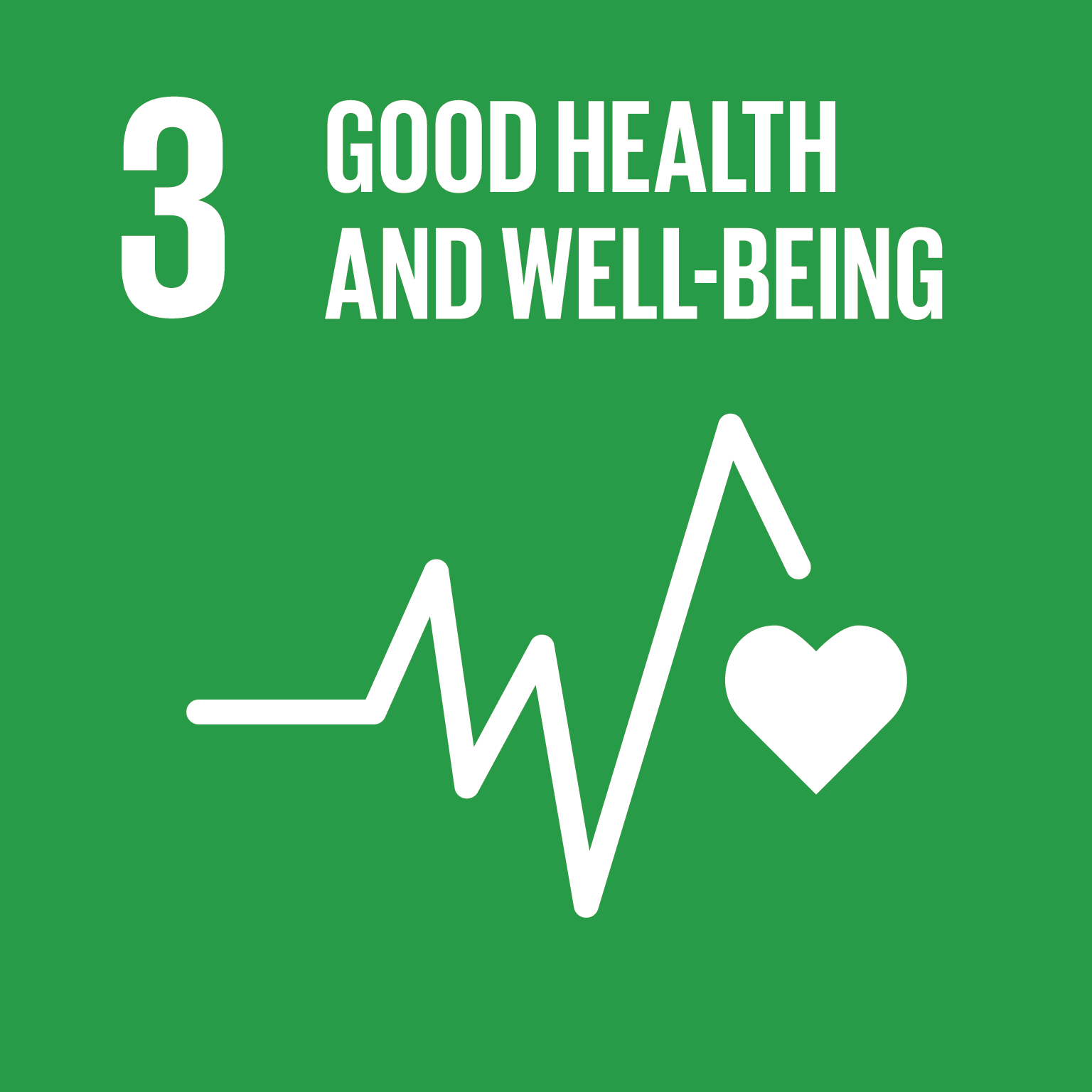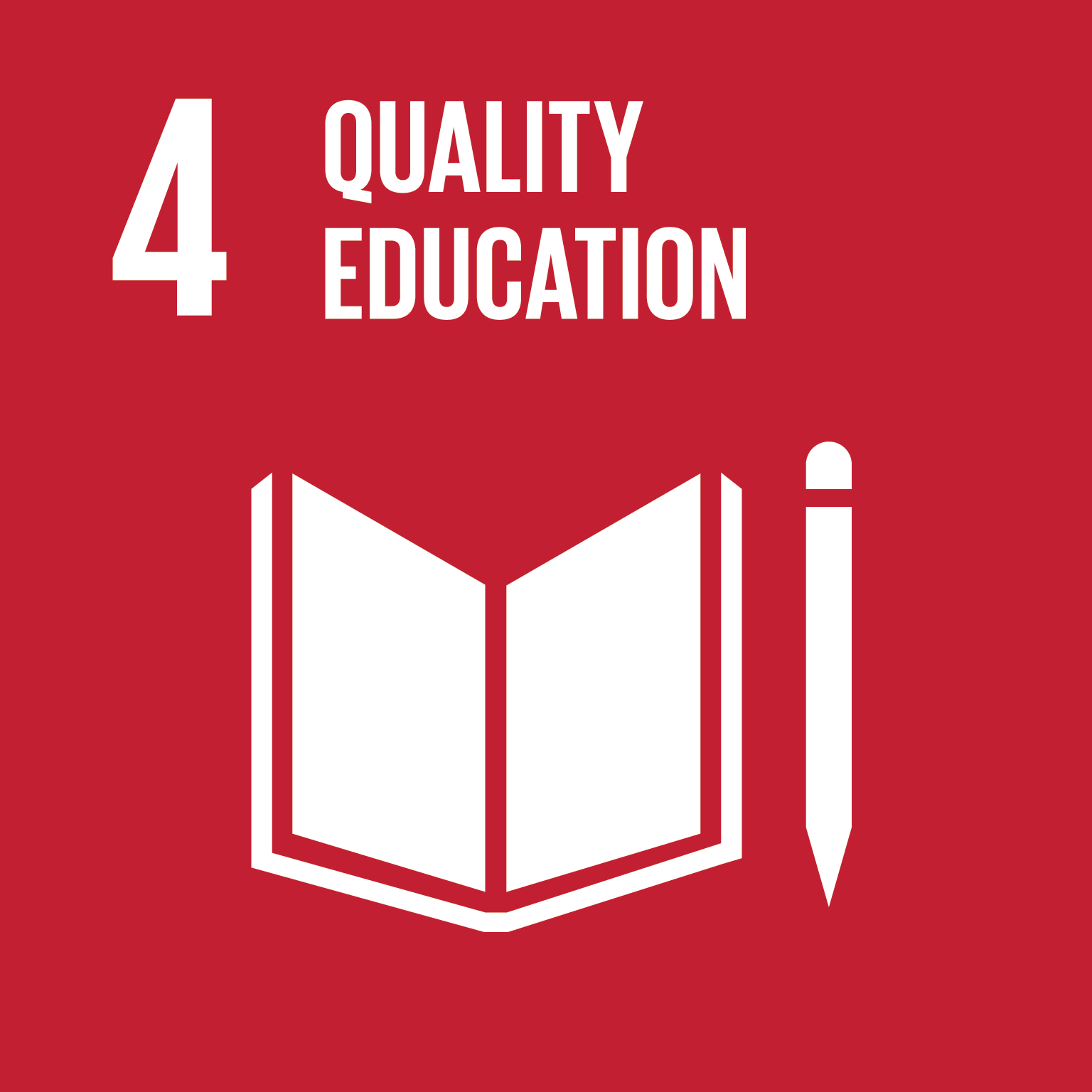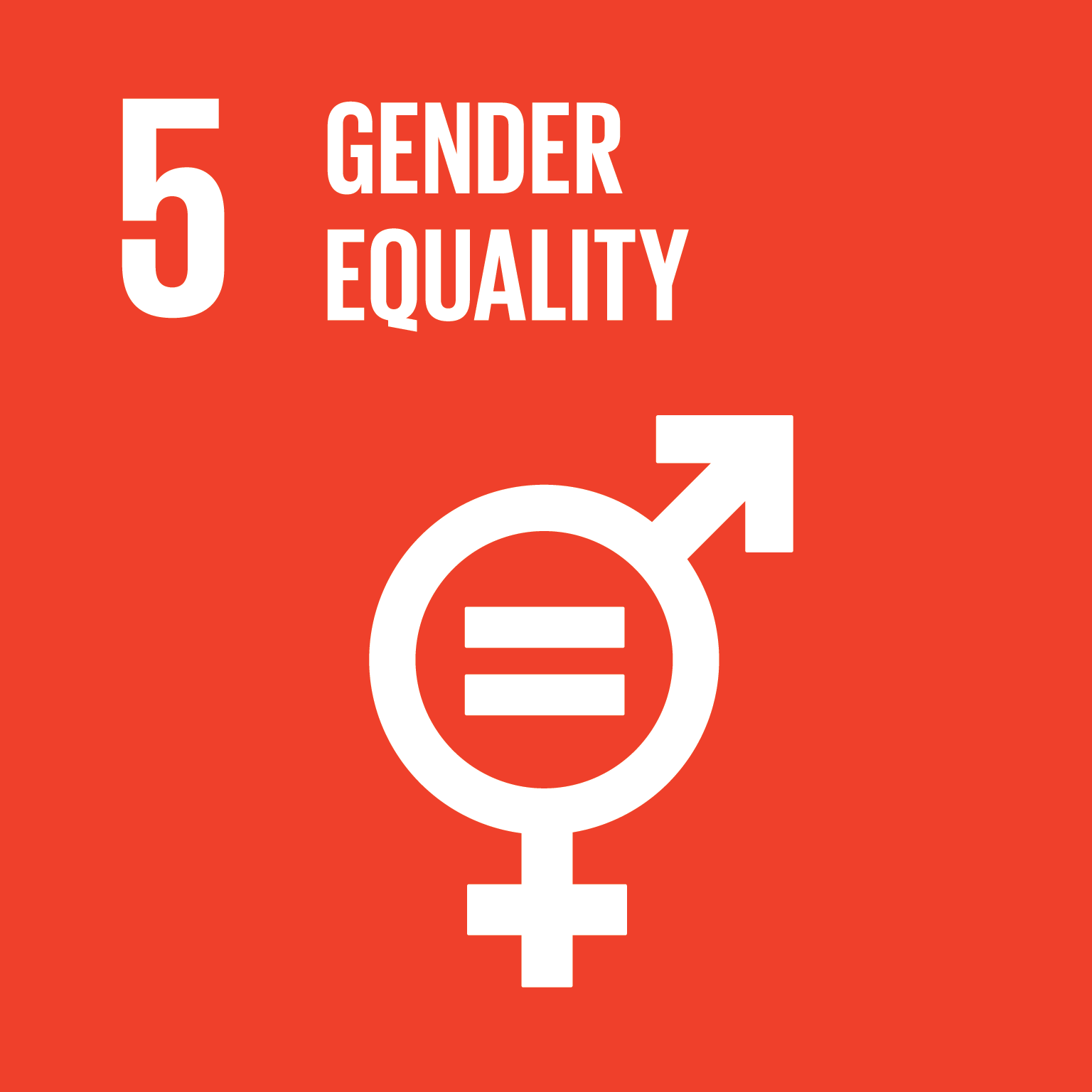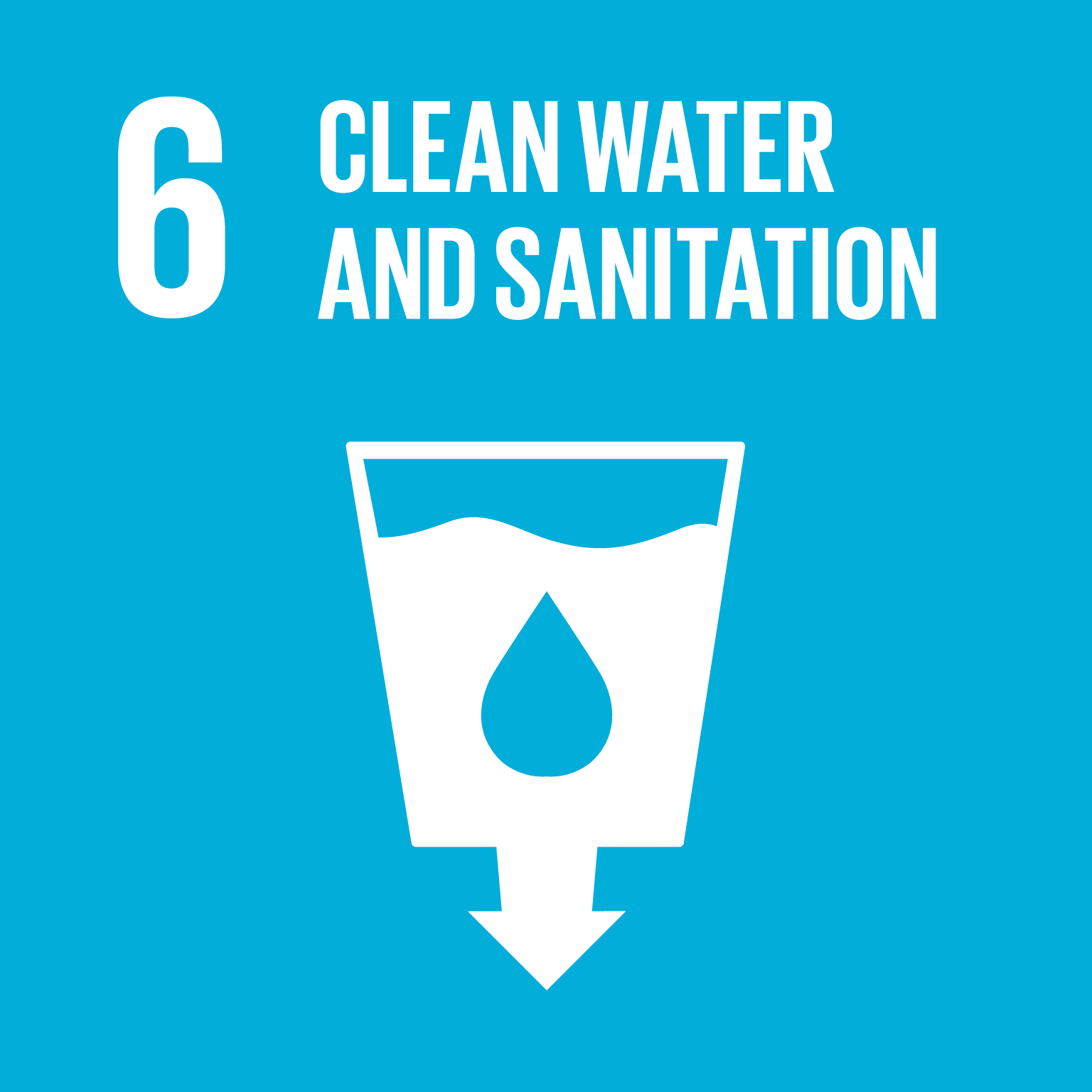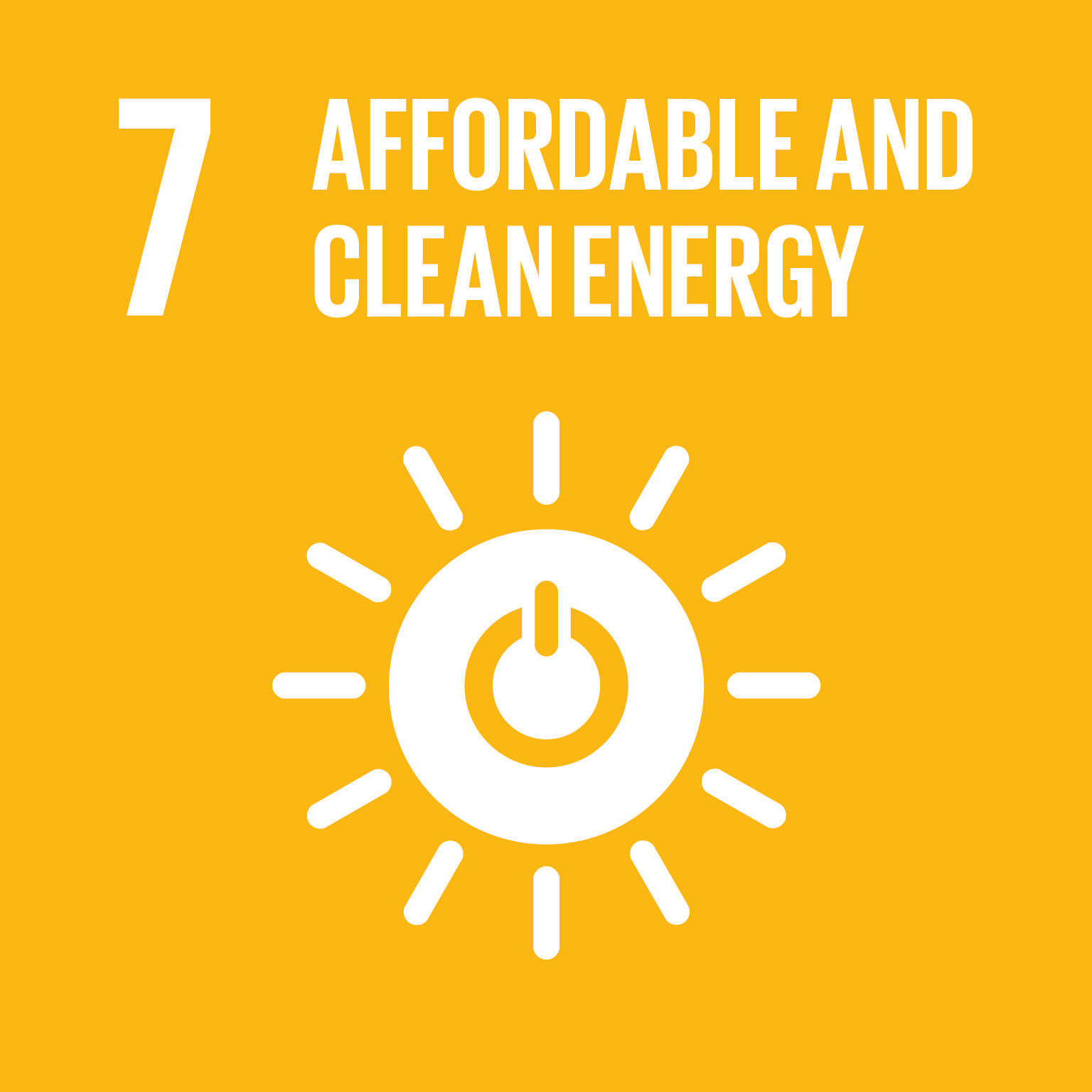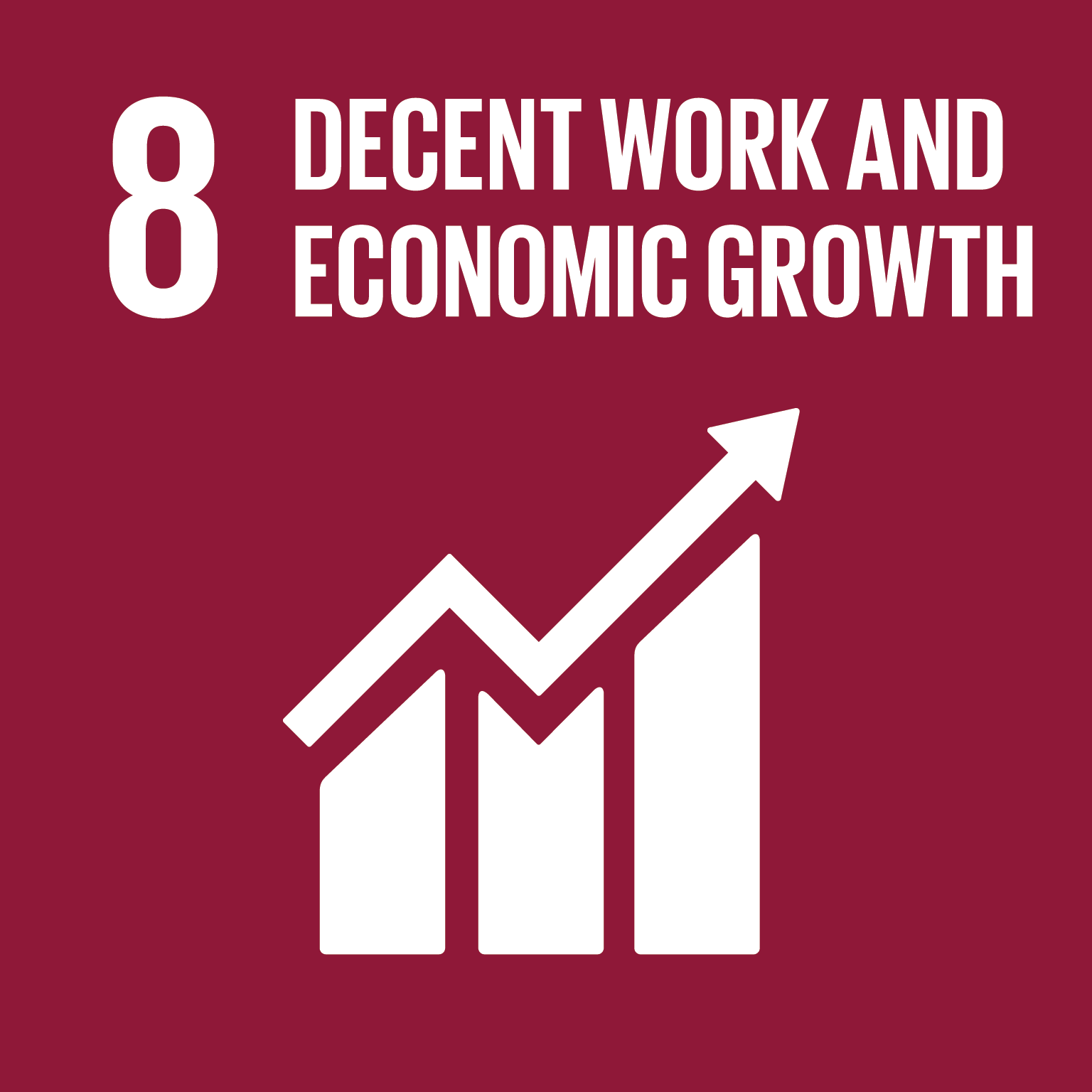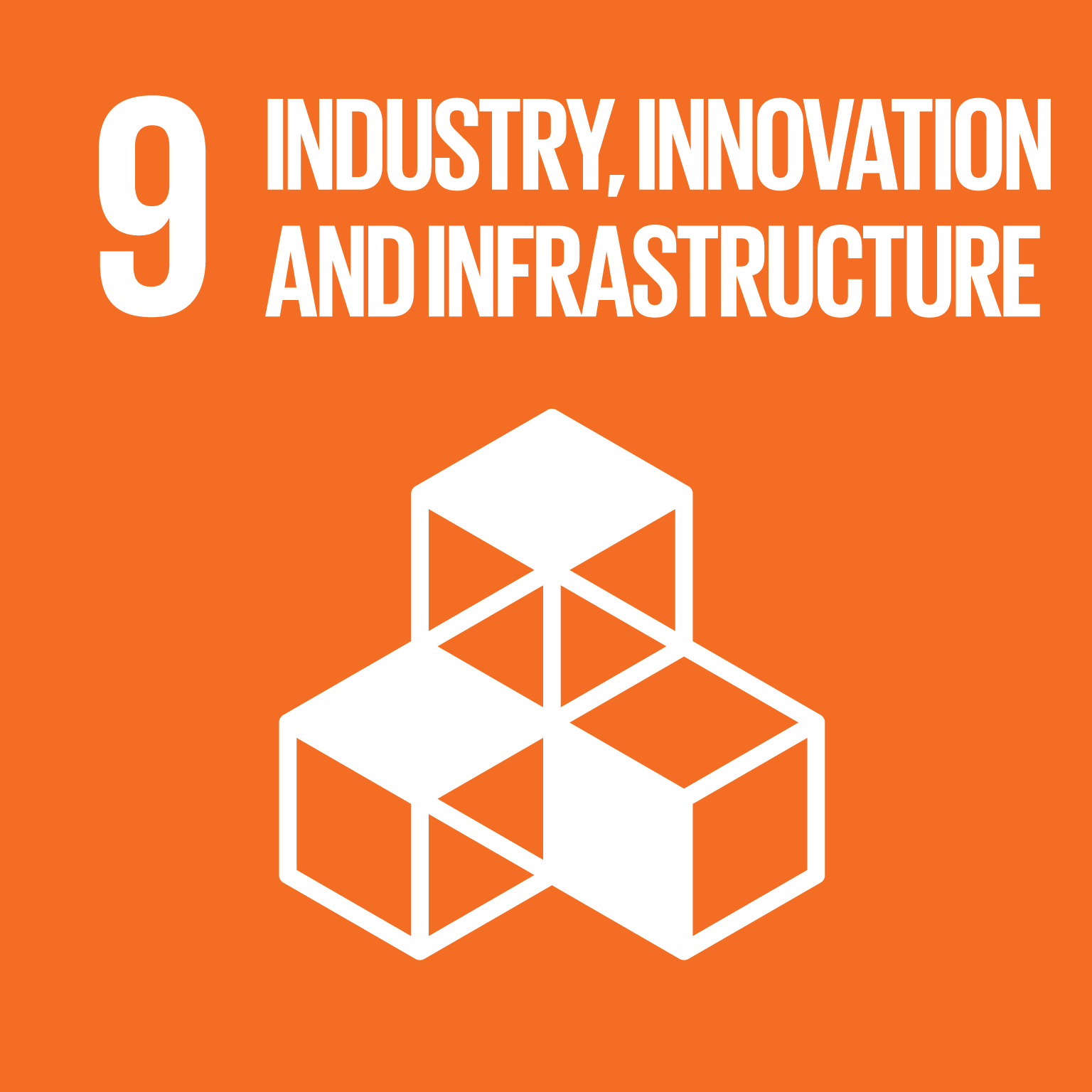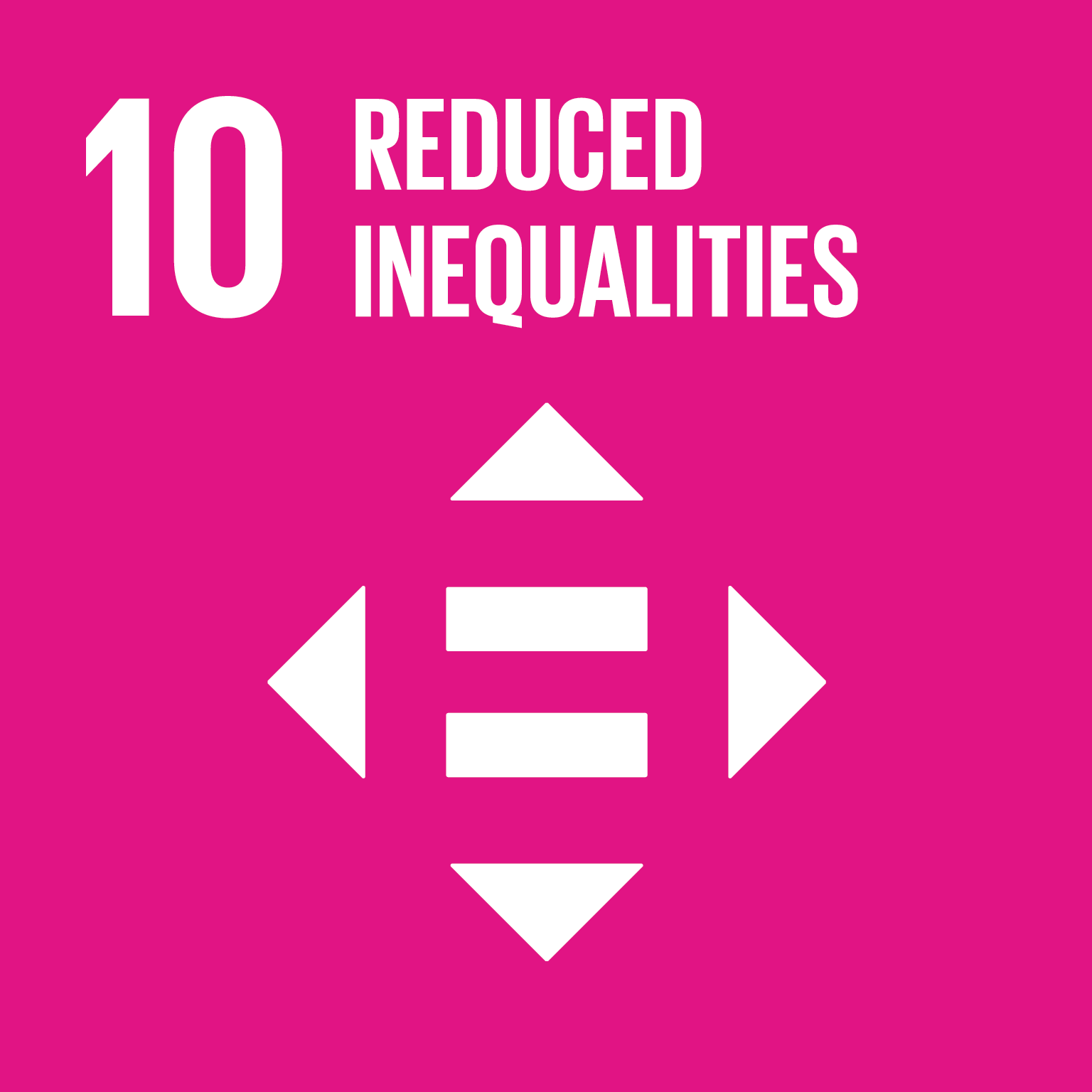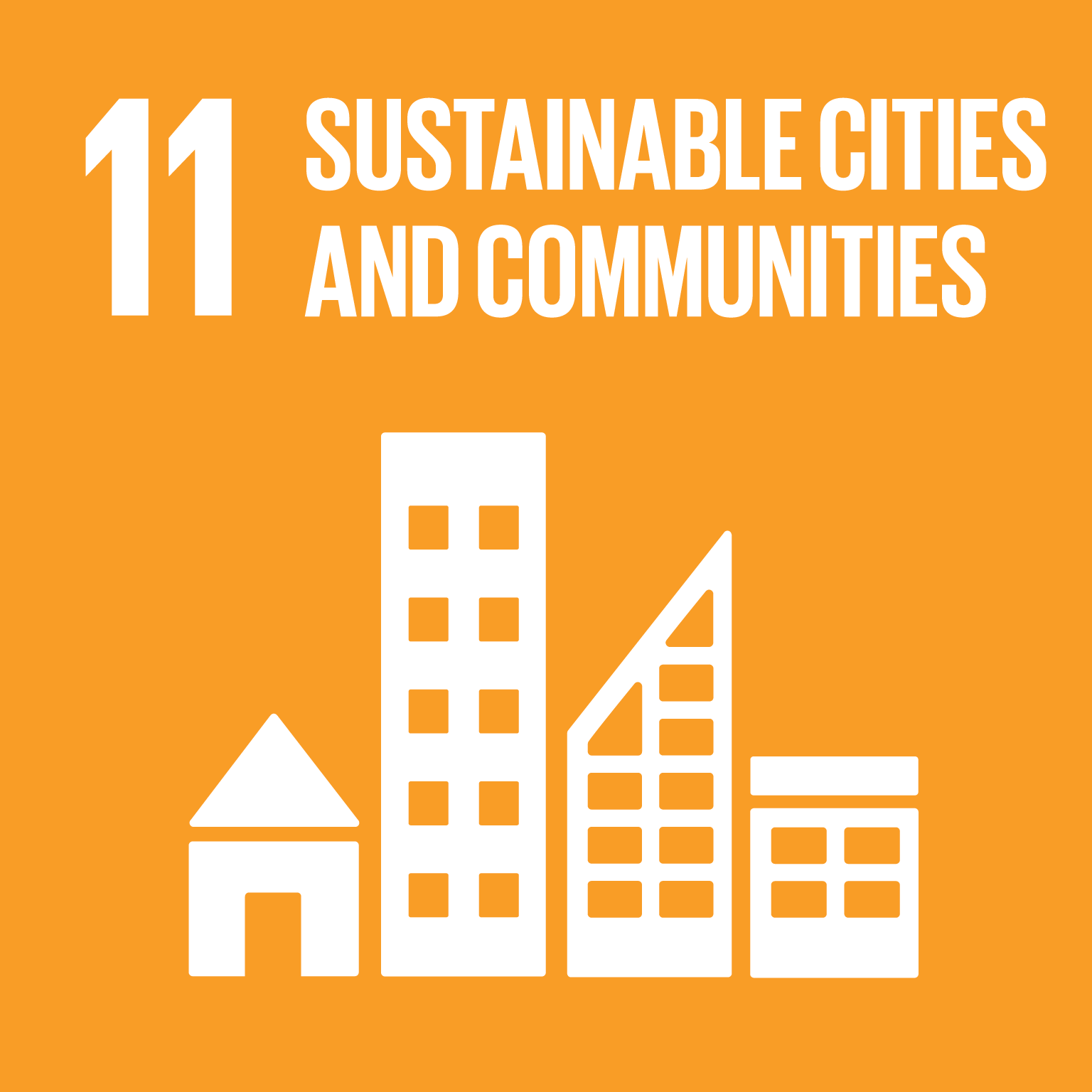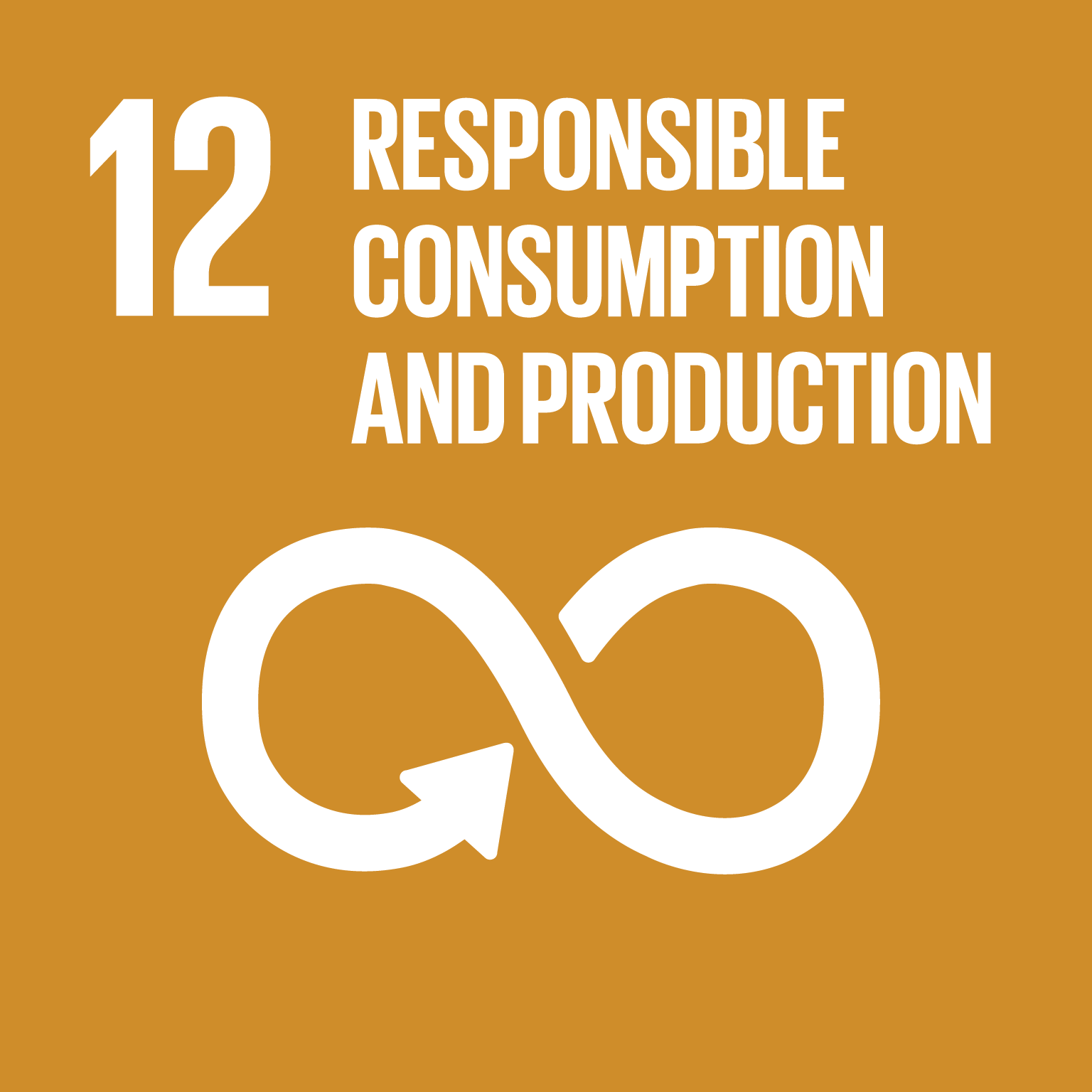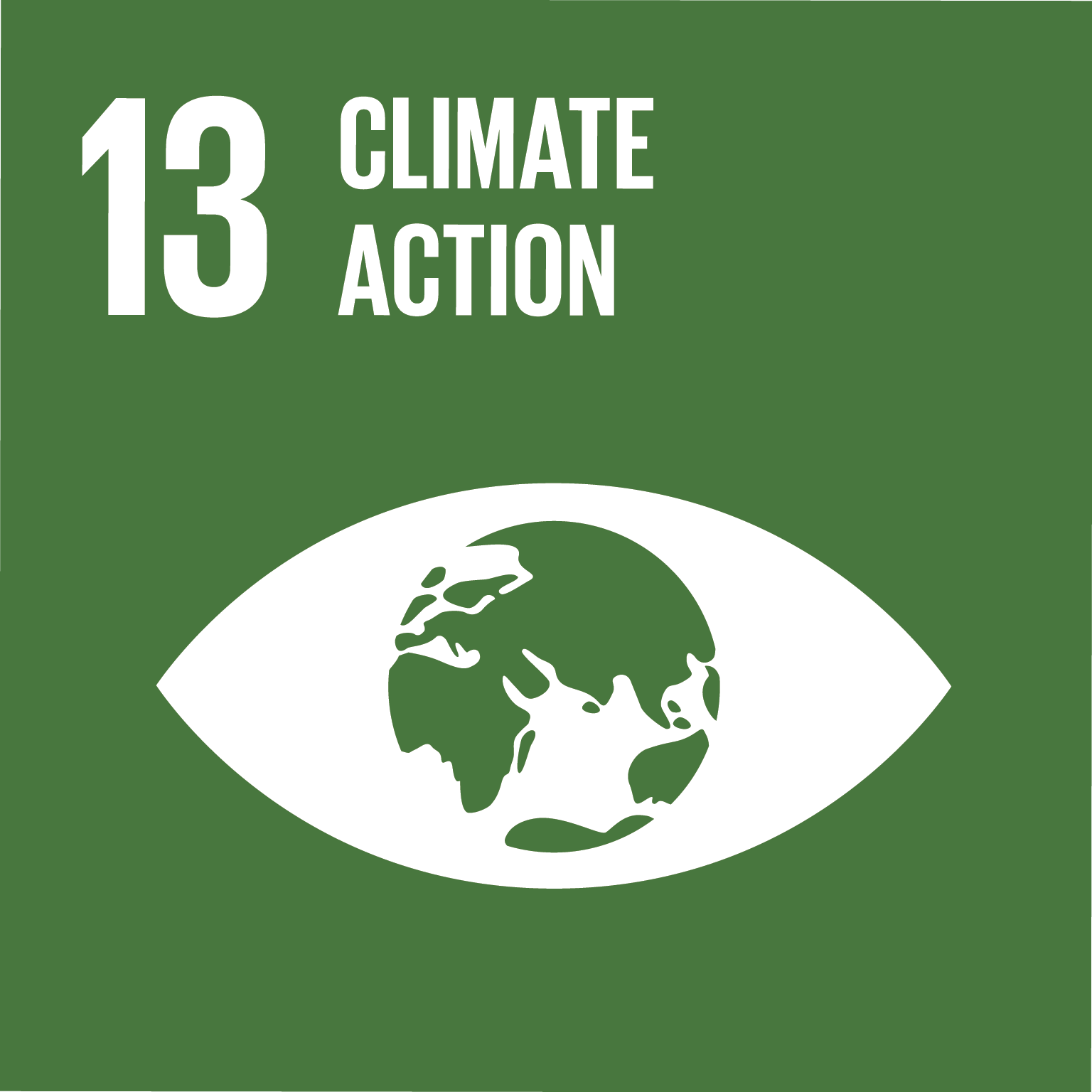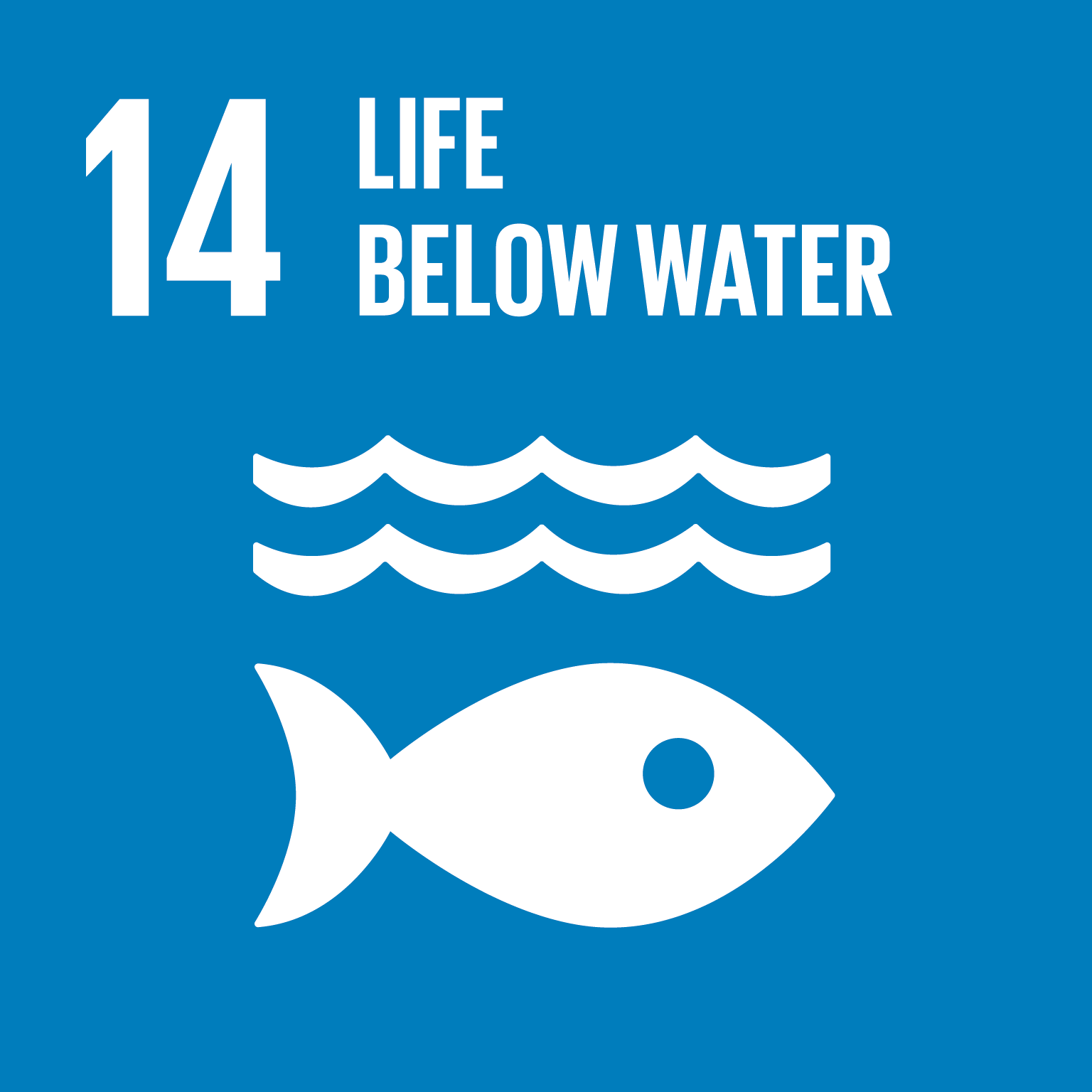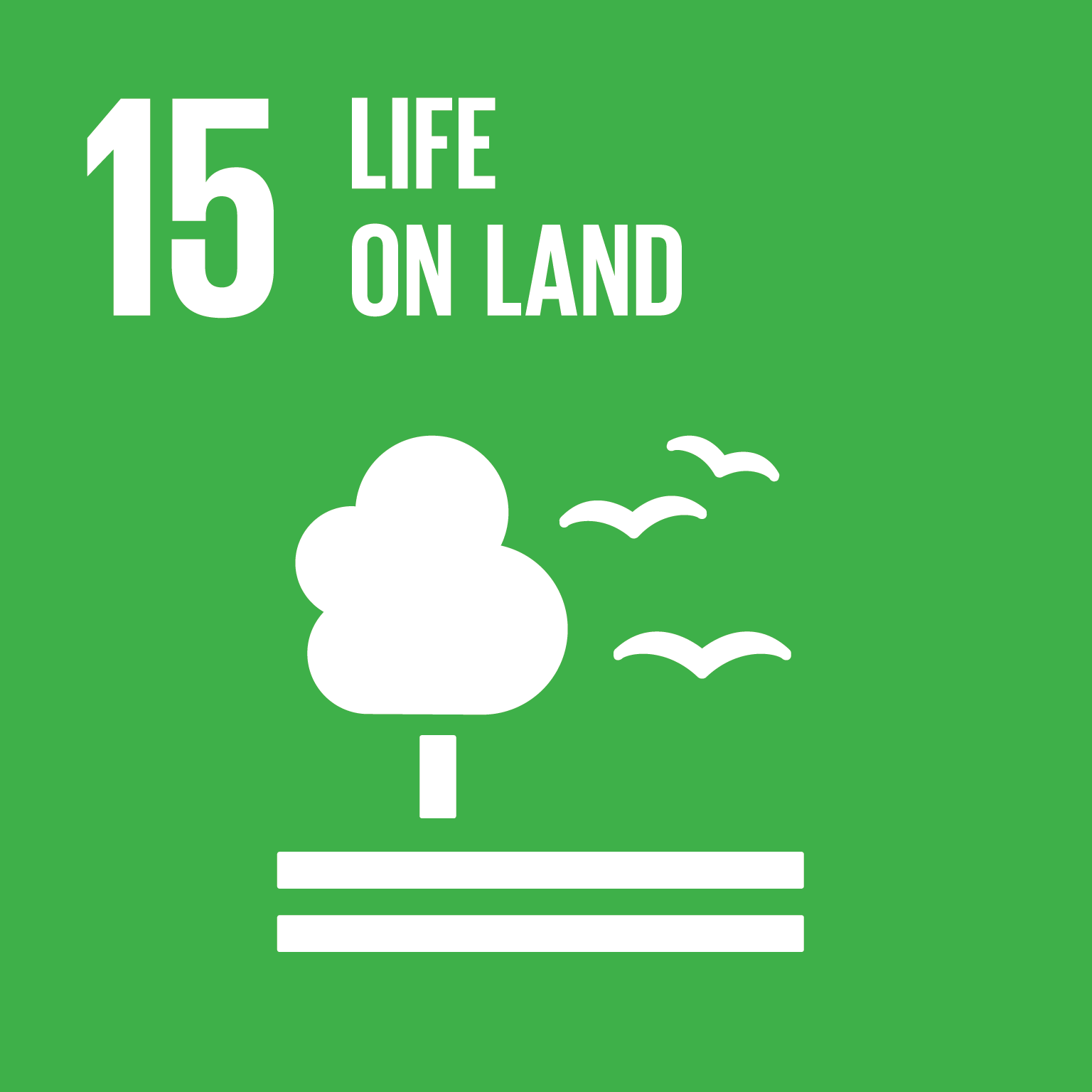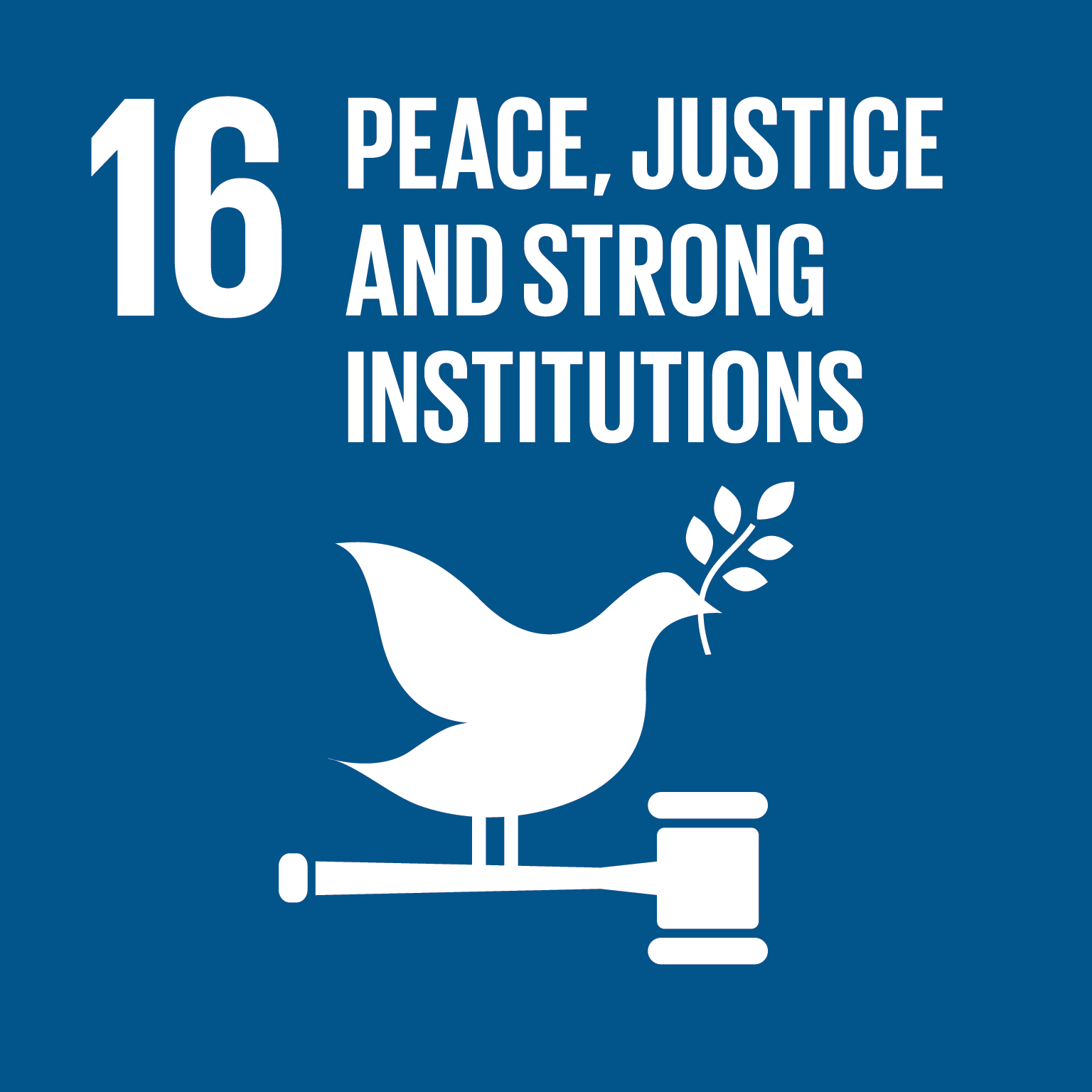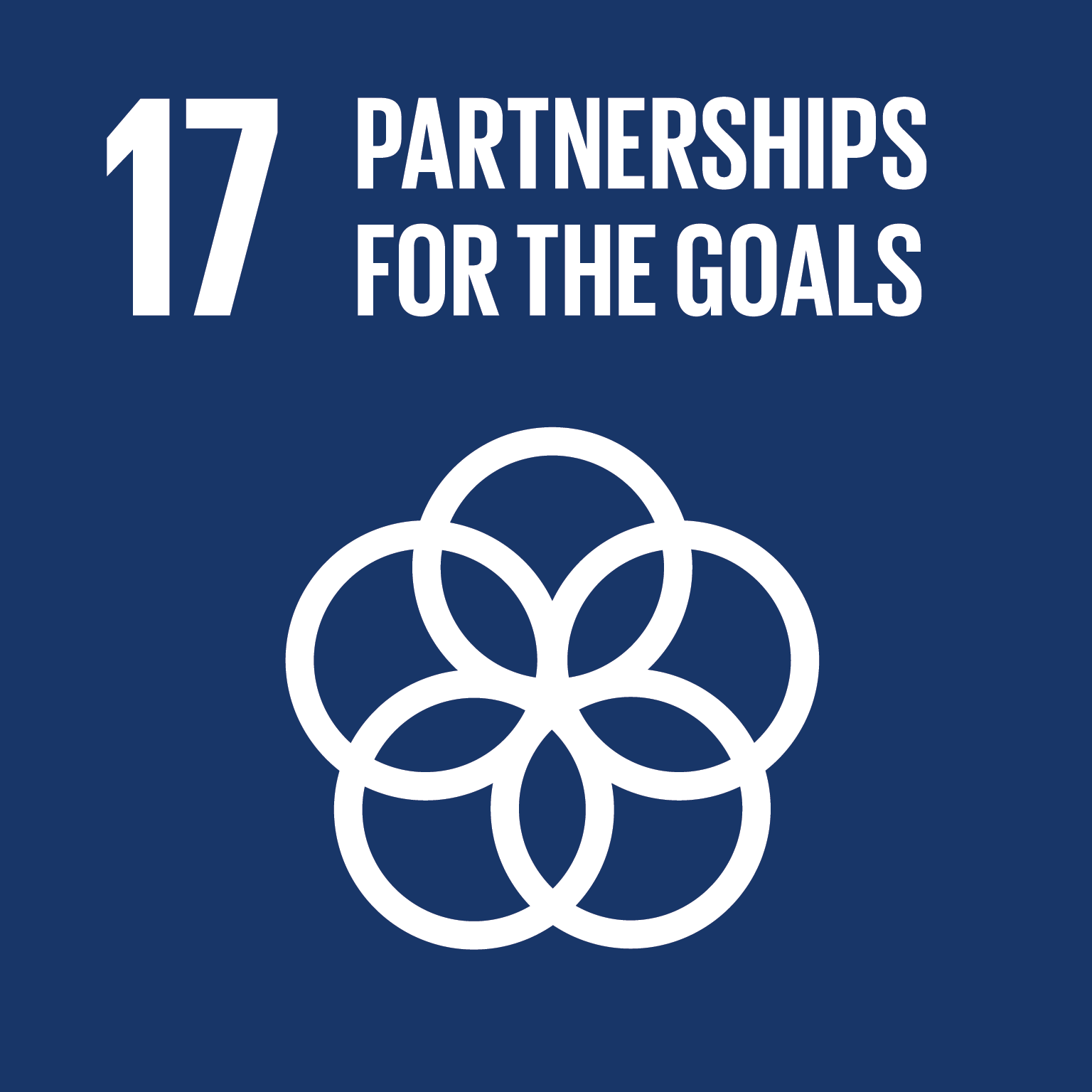Figures that give us motivation
11 %
of the population lacks access to safe drinking water
18 %
of the population has to travel to access drinking water
30 %
of the population does not have proper sanitation facilities
15.5 %
of the population does not have access to electricity
13 %
of the population has access to electricity without guaranteed service
40 %
of the population cooks with firewood, charcoal, manure or coal
Creation of the Foundation
Originally under the name of ACCIONA Microenergía Foundation, the foundation was created with the aim of channelling ACCIONA's social action into access to basic services in developing countries. As a corporate foundation, our activity focuses on our strategic lines, promoting access to basic energy, water and infrastructure services.
The foundation promotes and directs cooperation projects, which it also disseminates, through various forums and global initiatives, with the aim of making society aware of the lack of access to these services in the world.
PERU
The Luz en Casa programme is launched in Cajamarca, the department with the highest rates of poverty and lack of electricity in Peru, with the objective of demonstrating that it is viable, sustainable and affordable to bring quality basic electricity services to low-income households in isolated and dispersed rural communities.
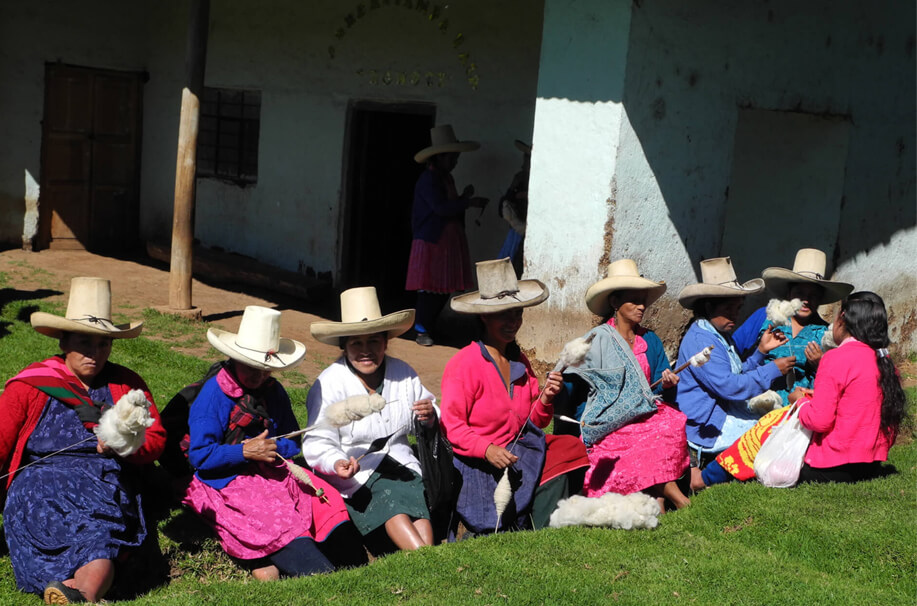
MEXICO
The EncASa Oaxaca programme (Spanish acronym for energy with water and sanitation) is launched with the aim of improving the living conditions of Oaxacan households in small rural communities living in poverty and extreme poverty by distributing third-generation home photovoltaic systems (SFD3G) to provide basic electricity services and access to safe drinking water and proper sanitation.
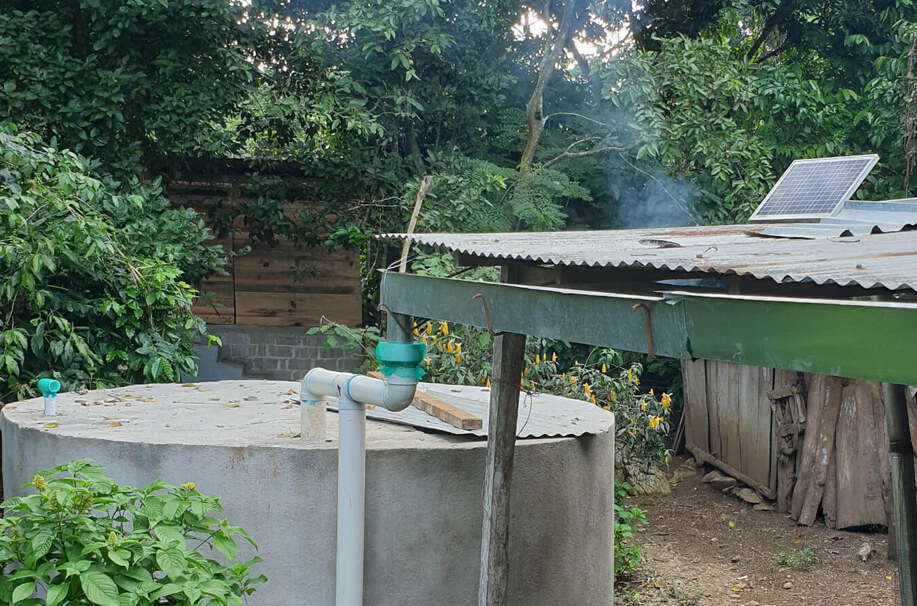
ETHIOPIA
The "Access to energy in refugee camps in the Shire region (Ethiopia)", project was launched, in which acciona.org, with the collaboration of a group of ACCIONA volunteers, analysed the possible application of a biodigester that uses organic waste in the camps to generate biogas for cooking as an alternative to the electric stoves and wood biomass that the population regularly uses. In 2017, a pilot was carried out to improve electricity and lighting distribution networks in one of the camps.
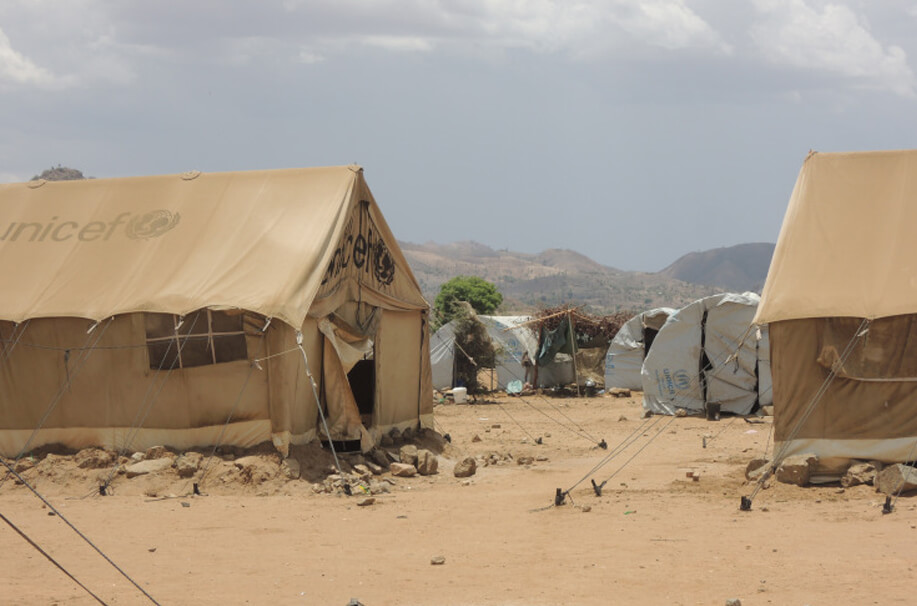
PANAMA
In partnership with AECID, we implemented the Ngäbe-Buglé Home Lighting Pilot, beginning with developing intensive work with national, regional, local and indigenous authorities, as well as with the pre-identified communities themselves, to present our electrification proposal and adapt the service delivery model to the specific environment. With approval for intervention by the Ngäbe-Buglé Indigenous Council, we gave electricity access to 400 indigenous families who save an average of 30 % of their typical energy expenditure for lighting and communication.
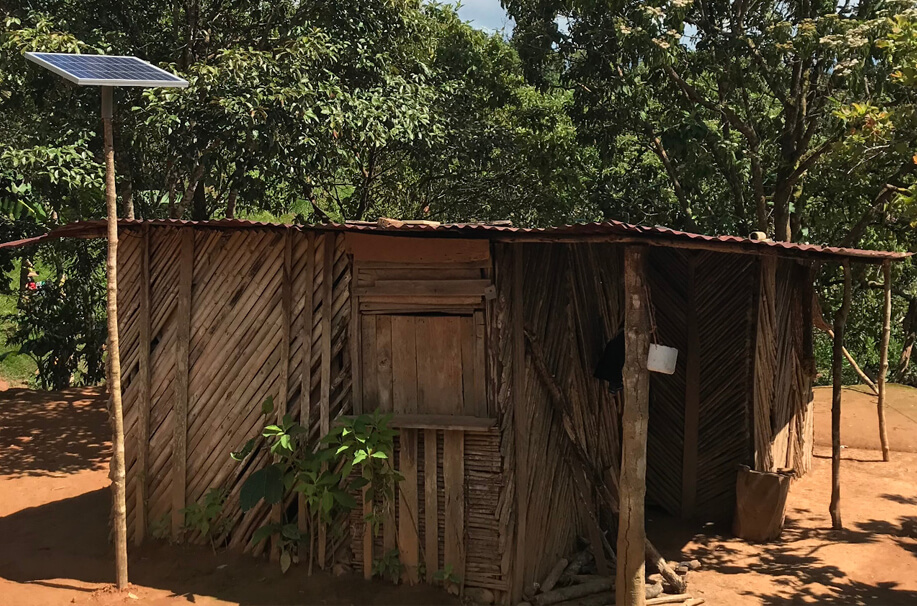
ACCIONA.ORG AND SUSTAINABLE DEVELOPMENT GOALS
NO POVERTY
More than 55,800 people in poverty and extreme poverty saved about EUR 900,000 in alternative energy and were able to use more than 7.5 million additional hours to carry out their daily activities, because of electricity.
HEALTH AND WELLBEING
Some 20.4 million hours of available electric lighting reduced diseases related to smoke and the low intensity light of candles, kerosene, firewood etc. In addition, reliable water and sanitation systems prevented users from diarrhoeal diseases by improving health and hygiene in the home.
QUALITY EDUCATION
More than 17,200 school-age users spent nearly 945,000 additional hours doing their homework, remaining in primary education for an additional 0.4 years and increasing secondary school enrolment by 11 %.
GENDER EQUALITY
More than 800 women who participated in the Photovoltaic Electrification Committees, and the 3 who were in charge of their Home Lighting Centres, are part of the nearly 20,000 users whose (paid or unpaid) work at home was facilitated, in addition to more than 9,000 girls who did their homework with adequate lighting.
CLEAN WATER AND SANITATION
acciona.org benefited a total of 13,500 households with equitable access to safe drinking water and sanitation through reliable systems and access to safe cooking
CLEAN AND GREEN ENERGY
acciona.org benefited a total of 13,500 households with affordable, sustainable and reliable access to basic electricity through home photovoltaic systems.
DECENT WORK AND ECONOMIC GROWTH
23 businesses run by small local entrepreneurs to provide supplies and services related to the systems provided, as well as electricity provided to users with small businesses in their homes, contributed to the employment and economic growth of the communities served.
INDUSTRY, INNOVATION AND INFRASTRUCTURE
acciona.org introduced another innovation in its supply models, offering a catalogue of
ecotechnologies with different systems for water collection and purification, sanitation and cooking so that users choose solutions according to their needs, customs, existing infrastructures, environmental climate etc., also involving them in their construction and maintenance.
REDUCED INEQUALITIES
acciona.org increased the number of rural and indigenous communities that have access to basic services. Thus, it continued to close the inequality gap between urban and rural areas, reducing the neglected rural and indigenous population in Peru, Mexico and Panama.
RESPONSIBLE CONSUMPTION AND PRODUCTION
The combination of home photovoltaic systems in operation and the use and uncontrolled disposal of 18 t of batteries due to the use of efficient lamps and electric appliances connected to these systems prevented the emission of more than 4,565 t of CO2
CLIMATE ACTION
The reliable water and sanitation systems mentioned improve sources of supply and allow water to be reused and saved. In contexts of recurring drought – such as the Mexican state of Oaxaca where acciona.org implemented these solutions – they are a tool to increase resilience and adapt to climate change.
PARTNERSHIPS TO ACHIEVE THE GOALS
acciona.org collaborated with the Spanish Cooperation and local, regional and state authorities in Peru, Mexico and Panama, and worked together with other public and private companies and organisations sharing the same goals, such as those associated with the Universal Energy Access Board, the Latin American Platform for Sustainable Energy and Equity (PLESE) and the Alliance for Rural Electrification (ARE)
